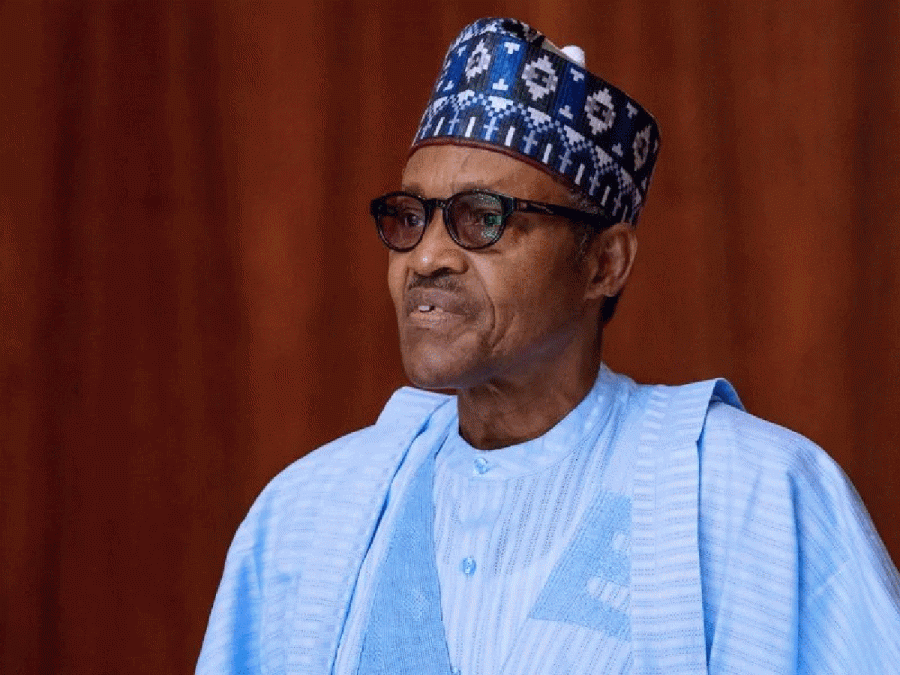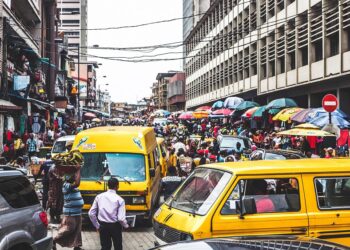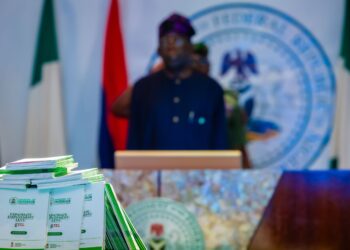President Muhammadu Buhari promised fuel delivery assistance to Burundi on Tuesday, January 3rd, 2023.
According to a statement made available by the Special Adviser to the President on media, Femi Adesina, President Buhari made the promise when he received Burundi’s Minister of Finance, Budget, and Economic Planning, Hon. Audace Niyonzima, and a Special Envoy of Burundi’s President Evariste Ndayishimiye.
Part of the statement by Femi Adesina, as seen by Nairametrics, said the presidential move followed a request by Burundi:
- “On request for assistance in the area of energy provision, particularly fuel, by the Burundi leader, President Buhari said he knows what it feels like for a country to suffer from energy shortage, and promised that he would get the Nigerian National Petroleum Company (NNPC) Limited to look into the request,” the statement said.
Current realities in Nigeria: Since the third quarter of 2022 till date, Nigerians across the country have been dealing with the impacts of fuel scarcity. Fuel scarcity has hampered productivity for many Nigerians and has increased transportation costs, especially during the Christmas holidays.
Nairametrics recently reported that some Nigerians paid an average of N30,000 per person to travel by road from states in the Southwest to the Southeast.
In December 2022, Bala Wunti, the Chief Upstream Investment Officer (CUIO) at the NNPC Upstream Investment Management Services (NUIMS) said that the fuel scarcity that has hampered citizens’ productivity in recent years is mostly associated with distribution challenges and not supply.
Analyst criticises move: Amid the challenges at home, it is rather surprising that President Muhammadu Buhari is making such a promise to Burundi. This is exactly the opinion expressed by an energy analyst who spoke to Nairametrics on condition of anonymity.
- “It is a surprise that President Buhari is making a promise to deliver fuel to Burundi when some Nigerians are finding it difficult to access fuel for their households and businesses,” the analyst said.
- The analyst added that Nigeria has to focus on resolving fuel distribution challenges across the value chain first before looking to play Big Brother to other African countries.
For the record: During a recent interview with Arise TV, the Chief Executive Officer of the Centre for the Promotion of Private Enterprise (CPPE), Muda Yusuf, said that fuel scarcity queues across the country are a result of subsidy management challenges in Nigeria’s petroleum sector. He said:
- “Apart from the issue of corruption, and the burden on fiscal operations, petroleum subsidy is affecting the production process, the supply chain, and more importantly, it is affecting investments in the sector. We cannot get investments into the country’s refineries, pipelines, trucking, as well as marketing and practically all the key investors have left the sector.”





















